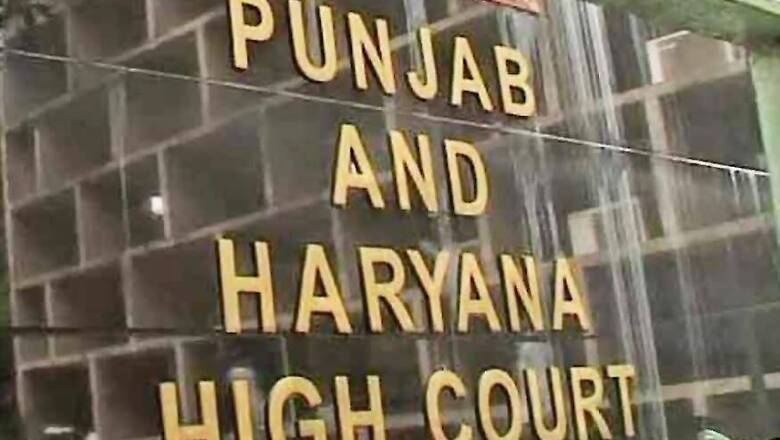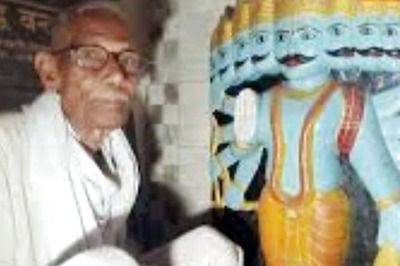
views
Punjab University (PU) conducted a B.Ed examination for candidates seeking admission in the Bachelor of Education degree programme on Sunday, October 29, 2017, for the first time in its history after the B.Ed admissions had closed and still 8,000 seats were left vacant. Out of 4,186 that had applied for the exam, 4,037 students turned up for the B.Ed exam at the University’s campus on Sunday in Chandigarh city.
The development comes in the wake of Punjab and Haryana High Court’s intervention in the number of seats sanctioned by the National Council of Teachers Education especially to the privately-held Education institutions in Punjab, where thousands of seats are left vacant every year.
A growing number of candidates with B.Ed qualification pass out every year from these institutions, amidst scarce teaching job opportunities in the state. The court observed that there is neither a need to sanction the current number of B.Ed seats in the state nor there are equal opportunities for B.Ed candidates.
The Punjab and Haryana High Court has directed the NCTE chairman and the Principal Secretary, Education Department, Punjab to conduct a meeting and review the number of seats sanctioned to each education college/institution whether government or private before inviting applications for the next session.
The court reinstated both the parties to arrive at a decision latest by January 31st 2018, “No admission will be allowed to be made in the next academic session in any BEd college without first reviewing the sanctioned capacity of each college, keeping in view the ground realities and all relevant facts,” read the court notice.
The High Court had directed Punjab University to conduct the B.Ed admissions examination for the candidates interested in exploring their career in the teaching field.
As per Parvinder Singh, Controller of Examination, PU, the court had also asked the varsity to review the sanctioned seats status and find how many B.Ed seats had filled or lied vacant in the past few years in the state’s education institution.




















Comments
0 comment